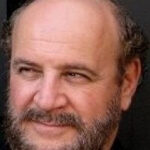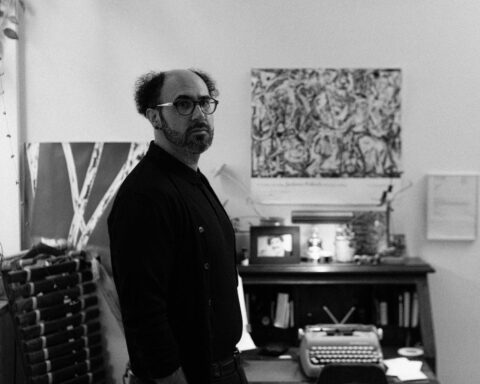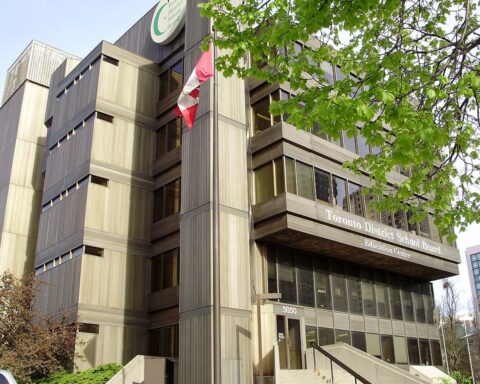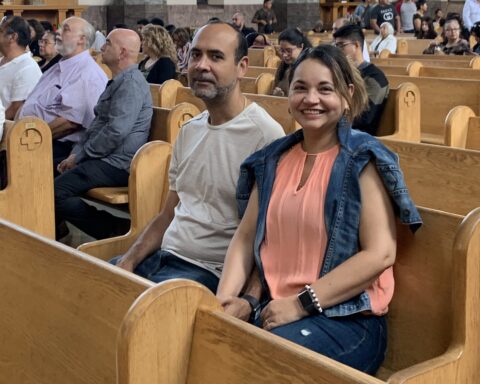Recently, I was listening to a very funny routine that comedienne Wanda Sykes recorded for HBO about her decision to come out.
At its core, her presentation is about what I call “self-disclosure.” She talks about how it is more difficult to be identified as gay than it is to be identified as black (if you haven’t seen her, yes, she is Afro-American). She humorously walks us through what it would have been like if she’d had to come out as “black” to her incredulous and shocked parents.
Her point is well taken. Some identities that we carry are self-evident and only skin deep — for example, our observable physical attributes, skin tone, whether we are right-handed or left. Yet, other identities and characteristics are more obscure: our education and our origins, for example. Once we speak, others may be able to discern much about us. It is said that the minute any English person opens his or her mouth, some other English person is automatically going to hate that person based on his or her accent.
But some of whom we are and our origins are dependent upon self-disclosure. At what point do we wish to be identified, and how? I recall growing up in Montreal that a black friend of mine used to become annoyed when well-intentioned mainstream white Canadians would ask him what island he came from – as if there is a discernible difference between say, someone who originated from Montserrat or Barbuda. Never mind that he was second generation here. I told him to start answering: “Which island? This one. Montreal.” The truth is, he was actually of Guyanese extraction.
I am talking about a level of sensitivity here. There are indeed moments when each of us wishes to be identified by our race and identity. What African American would not point with pride to his or her race’s massive contribution to the history and growth of numerous musical genres – jazz, blues, soul, rap, hip hop, rock, bebop, calypso, reggae, soca, etc., etc.? I can think of races and cultures that have made inordinate contributions in other fields: the Irish and literature; South Asians and mathematics; the Scots and engineering.
There are indeed moments when each of us wishes to be identified by our race and identity.
Choosing to “self-disclose”
CNN’s resident medical expert is Dr. Sanjay Gupta – obviously a Polish fellow (I jest). CNN and its anchors do not repeatedly introduce him as “our medical expert of South Asian extraction” nor should they. However, there are occasions when his roots and knowledge might be significant. For example, let’s say CNN is having a discussion about the recent eradication of polio in India. He may wish to call upon his affinity with Indian medical practices, or not.
Ironically, all of this became evident to me when I attended a diversity event some years ago. The people facilitating the event thought it would be neat to call out various identities and get people to stand up in front of the entire room of participants if they held that identity. Believe it or not – for someone of mixed race, mixed culture, varying sexual orientations, or a religious convert – this exercise was unintentionally painful. There is no sound reason ever for compelling people to publicly identify or “out” themselves.
The point is that each of us will choose our own moment of self-disclosure. None of us wants to attend a party and have the next person to us say: “I’d like to introduce all of you to my friend Jo, she’s a Muslim.” Thus, Jo becomes pigeon-holed. The truth is that, in addition to her faith, Jo may have a range of other identities: sister, mother, wife, child, artist, entrepreneur, stamp collector, etc., etc. Her faith may not be as big a deal to her, as it is to the person who “outed” her.
The point is that each of us will choose our own moment of self-disclosure.
Perpetuating stereotypes
None of us wants to be stereotyped by our identities. We don’t want that anymore than we want our sexual orientation in the shop window. When the moment is appropriate, yes, each of us will identify ourselves. But, each of us must make that determination. I attended an event a couple of years ago where a Korean woman who was very artistic told us that while in high school her math teachers repeatedly sent other students to her for remedial help. “Those Koreans, they are ALL wizards at math,” the teachers thought. She wasn’t at all. She was artsy.
I used to appear on a TV program as a commentator on matters of faith and ethics. Because I worked with all world religions and adjudicated their differences, I found it wisest not to identify my faith. There was one program on which I was frequently invited to appear and every time I was with the host, he would immediately identify me by my faith on camera to 50,000 viewers. With that, do I instantly become a de facto spokesman for every person of the same faith? It made me extremely uncomfortable.
Like everyone else, I am so much more than any single identity. I have so many more dimensions than the religion of my parents. Yet, there are times when I would honour that and I want to be identified with it. I have a First Nations friend who told me: “I am never so much an Indian as I am when I visit Wounded Knee.” Each one of us will choose our moment. Only I can decide when it matters for me.
Richard M. Landau has been responsible for adjudicating disputes and enforcing a television network code of ethics in a religious broadcasting setting since 1992. He is a graduate of Carleton University and the University of Ottawa. A leader in interfaith dialogue, Mr. Landau has consulted with the U.K. Home Office and the White House Office of Community- and Faith-based Initiatives. He works closely with leadership in all of the major world religions. He is author of “What the World Needs to Know about Interfaith Dialogue.”





